Welcome to Issue 2!
A violent earthquake hit the South of Turkey in the early morning of the 6th of February. With magnitudes of 7.8 for the first shock and 7.5 for the aftershock, the earthquake has had catastrophic repercussions. A TSF team is deployed to assess the situation and to help. More generally, in this edition of the Call to Comms, we're asking ourselves: how can we better face natural disasters and emergencies?
💬 In this week's issue:
- Earthquake in South Turkey and Syria: TSF on the ground
- Building community resilience: stronger communities to face disasters
- Our pick of the week: stay updated on how humanitarian issues affect women
Earthquake in South Turkey and Syria: TSF on the ground
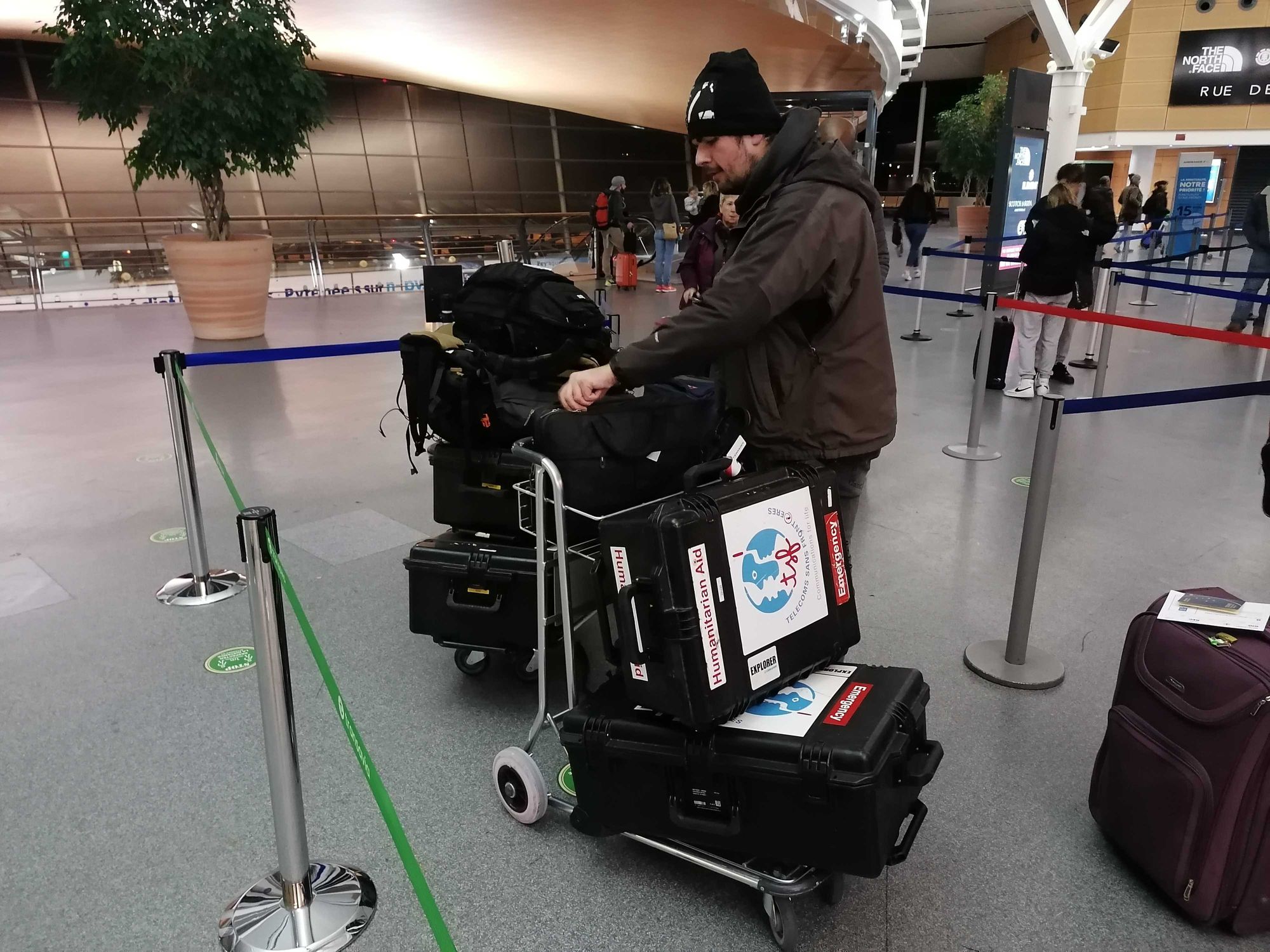
At the time of writing, the 7th of February at 4pm (CET), more than 5,100 people have lost their lives to the devastating earthquake in Turkey and Syria. Turkey has sent a call for international help and NGOs are mobilising to join the scene.
As any first responder or humanitarian aid worker will know, the first moments after a disaster hits are chaos. For NGOs, this is the time to gather, assess the situation, decide who is going to deploy and mobilise our network of humanitarian contacts. Following an emergency of this magnitude, the information gathered in the first few hours is crucial, especially when it comes to NGO coordination.
TSF's team left for Turkey today, 7am (CET), to assess the situation, restore connectivity and help fellow NGOs coordinate their relief efforts. A second team is ready to deploy at a moment's notice, if needed.
We have a dedicated page that we'll be regularly updating over the coming days and weeks.
Building community resilience
Last November, a TSF team went to Barbados to give a workshop on emergency telecommunications for a regional intergovernmental agency, the Caribbean Disaster Emergency Management Agency (CDEMA). This was in the context of a project on resiliency funded by our partner Internet Society Foundation.
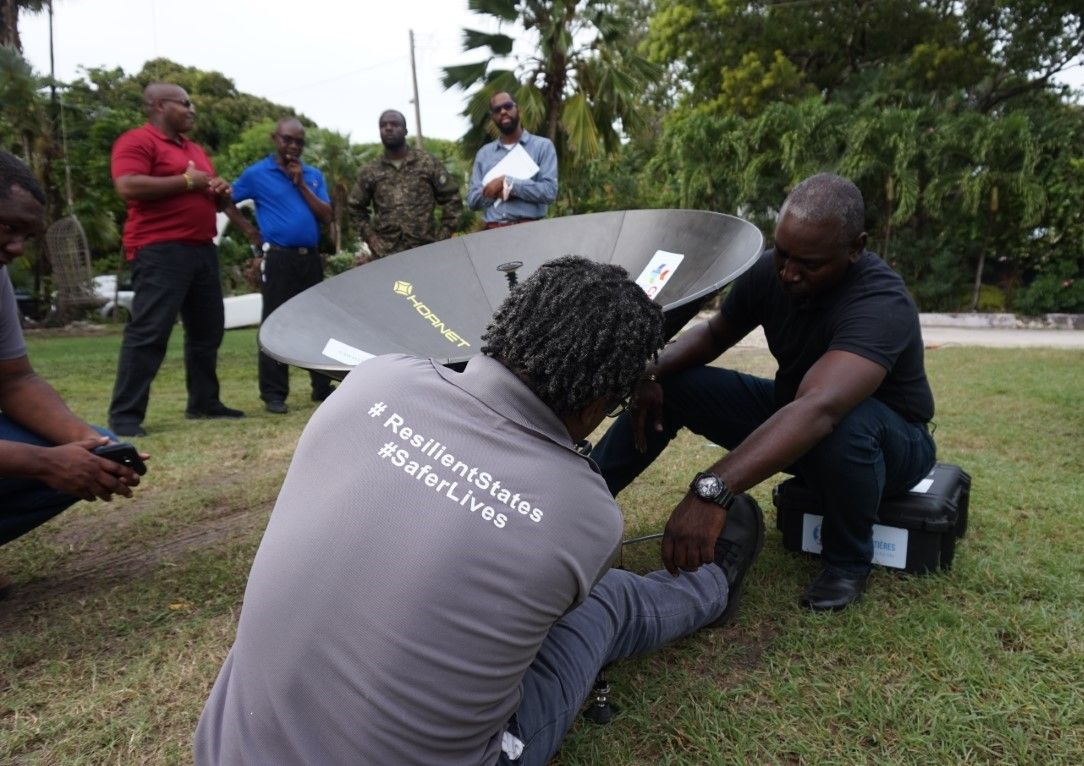
This project gave us the opportunity to build a stronger strategic regional response in the Caribbean, so that when a natural disaster hits, we can react more quickly and efficiently.
International NGOs (INGOs), depending on their size, can have national bases in some countries prone to emergencies; however, a disaster still requires them to disrupt their activities and take on more staff.
It's obvious that INGOs can’t be present in every country; in this scenario, teams need to be ready to deploy, handle logistics, find local staff. This can be difficult to handle in an emergency context.
Local organizations are already in the field of operations, ready to act. This is where international organizations have to integrate regional or national response mechanisms. Their purpose: to exchange know-how, good practices and build together community resilience.
In the video below, Sébastien, ICT Specialist and technical trainer for this session, tells us more about humanitarian collaboration, community resilience and local networks.
Our pick for the week
A new addition to the Call to Comms newsletter: what we wanted to share with you this week, sometimes related to the issue’s main theme, sometimes not, but always about humanitarian aid and technology.
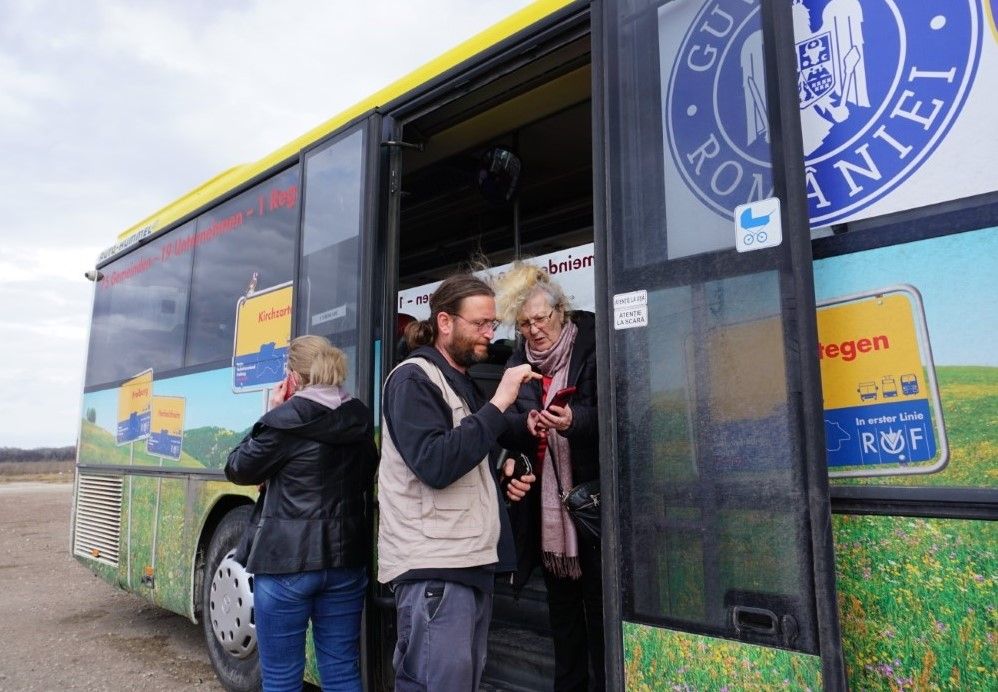
Women Around the World. Here is a great newsletter by the Council on Foreign Relations we discovered while researching updates on the ban of female NGO workers in Afghanistan. In a few minutes, you’ll be updated on women’s rights and U.S foreign policy, which gives you a specific – and very much needed – angle on many humanitarian issues.
Thank you for coming along, and see you next week!
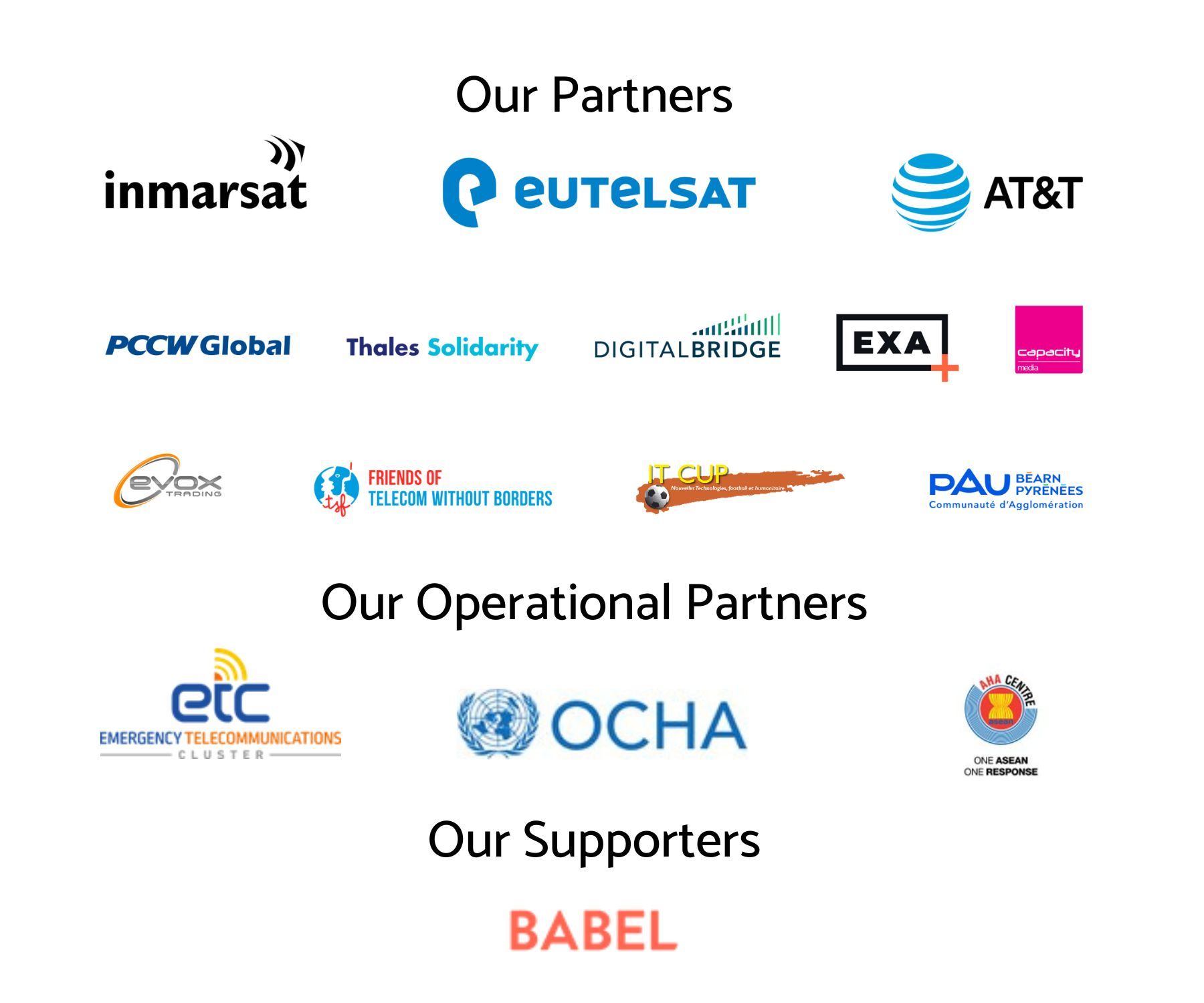



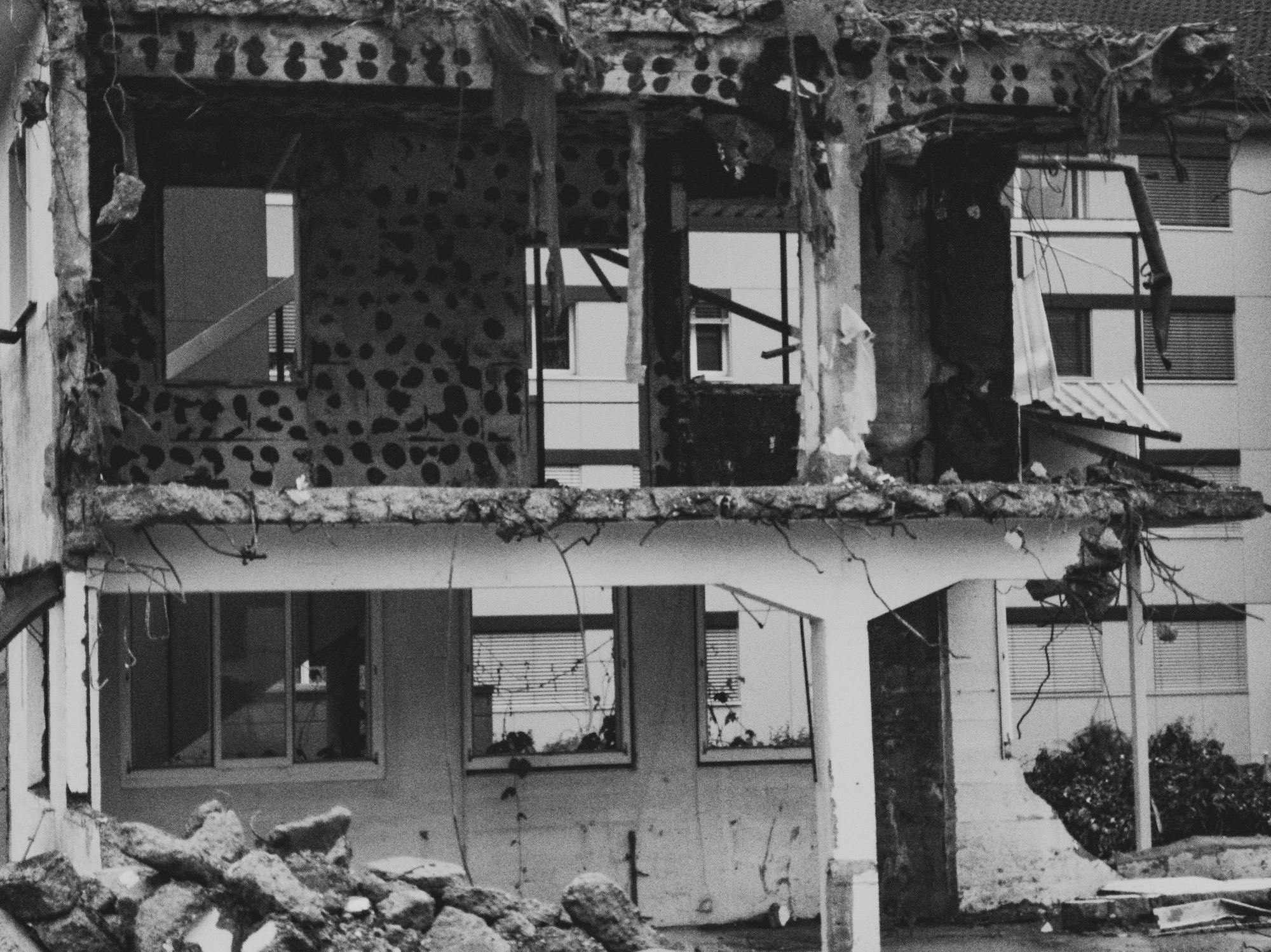



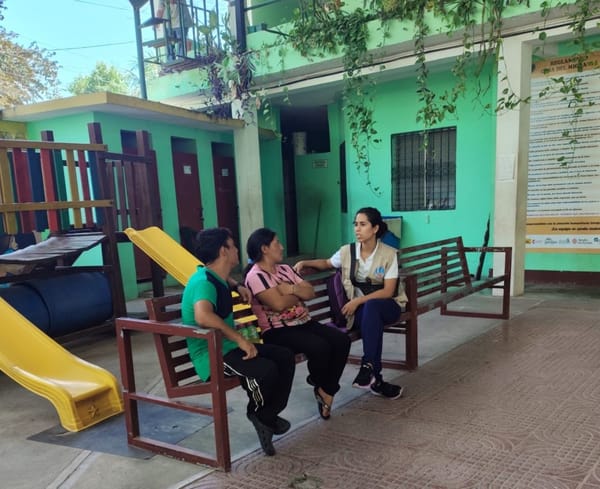
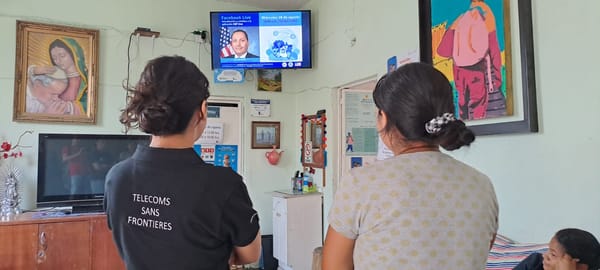
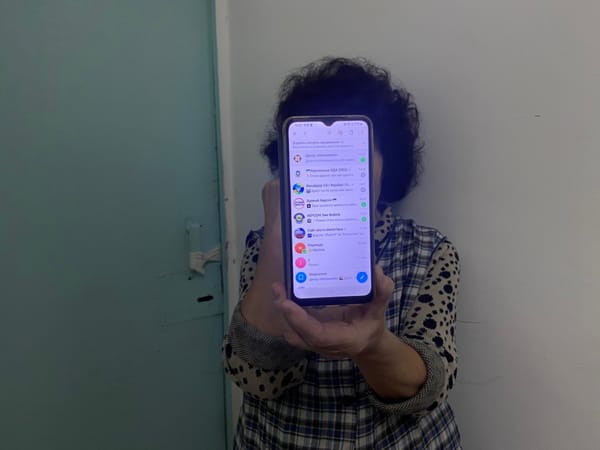
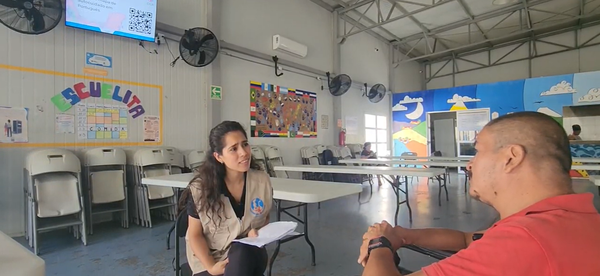
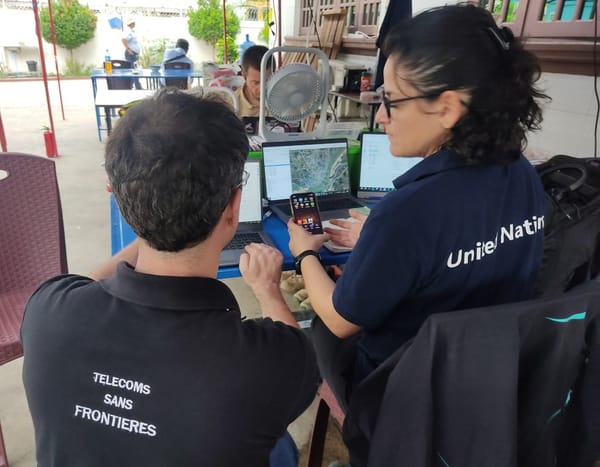
Member discussion